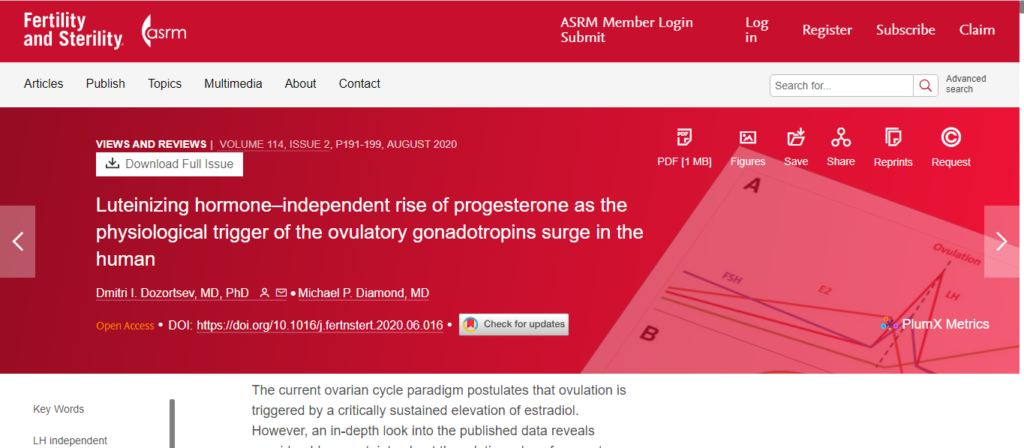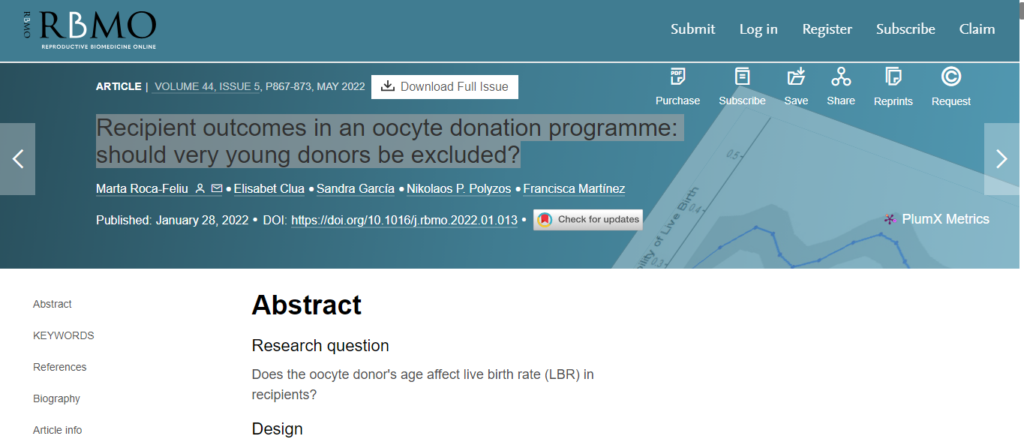IVF Frequently Asked Questions (FAQs)
What is IVF and how does it work?
In vitro fertilization (IVF) is a type of assisted reproductive technology where eggs are retrieved from your ovaries, fertilized in a lab with sperm, and the resulting embryo is transferred into the uterus. Key stages include controlled ovarian stimulation, egg retrieval, fertilization (ICSI may be used), embryo culture, and embryo transfer
What IVF success rates can I expect at AFCT?
Success depends on factors like age, ovarian reserve, embryo quality, and overall health. Younger women typically have higher success rates, while women over 40 may see lower rates. At AFCT, we leverage AI diagnostics, advanced embryology, and integrative care to maximize your chances.
How long does an IVF cycle take?
An IVF cycle generally spans 4–6 weeks:
- 2 weeks preparation and testing
- 2 weeks ovarian stimulation and egg retrieval
- 2 weeks embryo transfer and pregnancy testing.
If you choose a Frozen Embryo Transfer (FET), the timing adjusts depending on your uterine lining
How much does IVF cost, and is it covered by insurance?
The cost of IVF varies depending on your treatment plan, medications, and any add-on services (like genetic testing or embryo freezing). At Advanced Fertility Center of Texas, we work with many insurance providers and will help you understand what aspects of your care may be covered under your plan.
We also offer flexible financing options to make treatment more accessible. Our financial coordinators are available to review your benefits, explain expected costs, and walk you through payment and financing plans tailored to your needs.
Do IUI or IVF get better results?
IUI (intrauterine insemination) is less invasive and cheaper, but IVF bypasses fallopian tube issues and increases success rates, especially after multiple failed IUI attempts. We evaluate each patient’s situation to recommend the most effective path.
Can I choose to do genetic testing on embryos?
Yes — we offer PGT-A (screening) and PGT-M (for known genetic disorders). Embryos are biopsied on Day 5–6 (blastocyst stage). This helps identify chromosomally normal embryos for transfer and improves implantation rates.
Is the IVF procedure painful?
Egg retrieval involves light sedation and guided ultrasound most patients do not experience pain. Mild discomfort, cramping, or bloating afterward is normal. Analgesics and rest are usually sufficient.
Will IVF reduce my future egg supply?
No.
What are the side effects or risks of IVF?
Potential risks include:
- Ovarian Hyperstimulation Syndrome (OHSS) (~5%)
- Mild procedural risks like bleeding or infection
- Multiple pregnancy risk if multiple embryos are transferred
- Emotional stress due to frequent monitoring and hormone therapy
What if my IVF untreated?
Emotional toll remains high, with lasting stress and disappointment. IVF provides hope and a clinical path to pregnancy, but only under professional guidance. We’re here to support you at each step.
Are there age limits for IVF?
Many clinics set their own age limits. At AFCT, your candidacy depends on health, ovarian reserve, and embryo quality, not strictly on age. We review each case individually.
Can LGBTQ+ couples use AFCT’s services?
Absolutely. AFCT provides inclusive fertility services for LGBTQ+ individuals and couples, including donor sperm/egg matching, reciprocal IVF, and third-party coordination.
What add-on services do you offer?
We specialize in:
- Ovarian rejuvenation therapy
- Vaginal and male microbiome testing
- Natural IVF cycles
- Intralipid support
- AI-enhanced follicle monitoring (MIM Folliscan)
- Term Stimulation™
All integrated into a personalized care plan.
Do you serve international patients?
Yes! We support international and out-of-state patients, offering telehealth consultations, biopsy coordination, and cycle scheduling with minimal travel.
How do I prepare for my first IVF visit?
- Bring recent medical/fertility records
- Track past cycles and prior treatments
- Be ready for:
- Bloodwork (hormones, AMH)
- Ultrasound
- Semen analysis (partner or donor)
- Prepare questions, and we’ll make time to answer them all.


